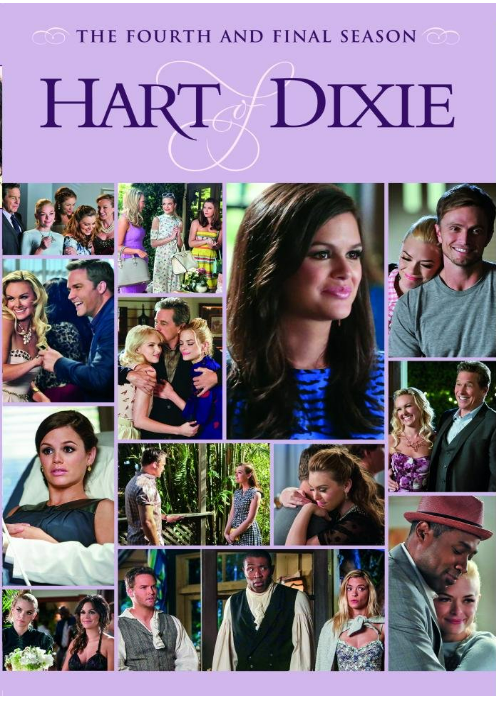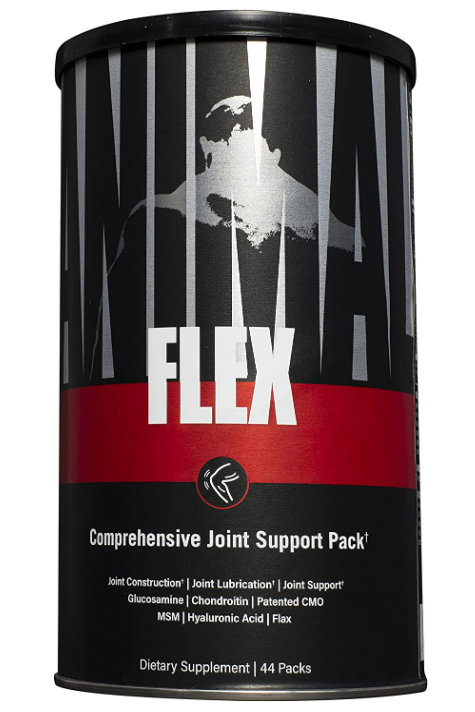Blonde is a Netflix movie based on the novel of the same name by Joyce Carol Oates that tells a fictionalized story of the life of Marilyn Monroe. It stars Ana De Armas, Adrien Brody, Bobby Cannavale, Xavier Samuel, Julianne Nicholson, Evan Williams, and Toby Huss. Monroe is played by Ana De Armas, probably best known for her roles in Knives Out and No Time to Die. She does a great job in the role, and the movie's faults (to the extent you think it has them, which is, of course, subjective) are really not on her. Instead, whatever faults the film has are on the source material and the screenplay by writer/director Andrew Dominik. The only official version of the film is on Netflix, but I have heard there are bootlegged Blu-Ray versions out there if you look hard enough.
The movie starts with Norma Jeane as a child, living with her mentally unstable mother and pining for a secretive father (whom her mother hints is a big-time star), a theme throughout the movie. It mostly skips her time in an orphanage and in foster care, which covers the first third of the book, and jumps to her first audition in which she is raped by a studio executive. Then it basically spans her adult life as she becomes more famous and more mentally ill as she bounces from one relationship to another, trying to make up for the love of her missing father (who writes her letters throughout the movie, hinting that he will see her in person soon) by calling her husbands Daddy.
Like the book, the movie focuses on the darkest aspects of Marilyn Monroe's life, and fictionalizes much of it. Certainly, given the fact that she died at the age of 36, most likely due to a drug overdose (the movie does hint at the possibility that she may have been murdered, which has been mostly debunked, but really films it both ways) her life was not all sunshine and roses. However, it ignored things like her fighting for better roles, starting her own production company, helping Ella Fitzgerald's career, etc. The movie is really about her going crazy and almost becoming a split personality, Norma Jeane and the fake entity, Marilyn, whom she hated. In real life, it is known that she made comments about "giving" people Marilyn, suggesting that Marilyn was a performance she put on, but the movie makes Marilyn something that she has to summon.
There is a lot of sex and nudity in the movie, mostly topless shots by De Armas, but a couple of butt shots and a blink and you'll miss it frontal shot that is pretty obscured. It does show her in a "throuple" relationship with Charlie Chaplin Junior and Eddie Robinson (which there is no evidence of ever happening in real life) and portrayed her marriages to Joe DiMaggio (just called The Ex-Athlete) and Arthur Miller (called The Playwright). At the end of the movie, it gets into her fling with JFK, and has the scene that very likely earned the NC-17 rating, a simulated blowjob that basically just has her head bobbing up and down over her hand.
De Armas does a great job channeling Monroe's look and sound. Given that she has a thick Cuban accent, the fact that she successfully pulled off Monroe's pretty distinctive voice was impressive. I saw a review where someone complained that De Armas' real accent came through a couple of times, but I never noticed that. You have to take the movie with a grain of salt. While some of the things portrayed in the film did happen, a lot did not or were at least partially made up to fill in details and sensationalize things. I think the movie overstates Marilyn's level of mental illness and made her out to be as mentally ill as her mother was, which by all accounts she was not. The movie essentially projects her mother's mental illness (which required her to be institutionalized) onto Marilyn. While Marilyn did not live long enough to be diagnosed accurately, it is thought that she had clinical depression, and was possibly bipolar. Still, there is no evidence that she hallucinated or heard voices, or things like that, which happen in this movie. I think part of what Dominik attempted to do with the screenplay is interpose real-life events and mix them with the sensationalized projections made about Marilyn in the years since she died. Ultimately, the film is worth watching as long as you understand that it is not a historically accurate docu-drama and you are not overly sensitive or easily offended (because there are things in the film that some people will find offensive).


































